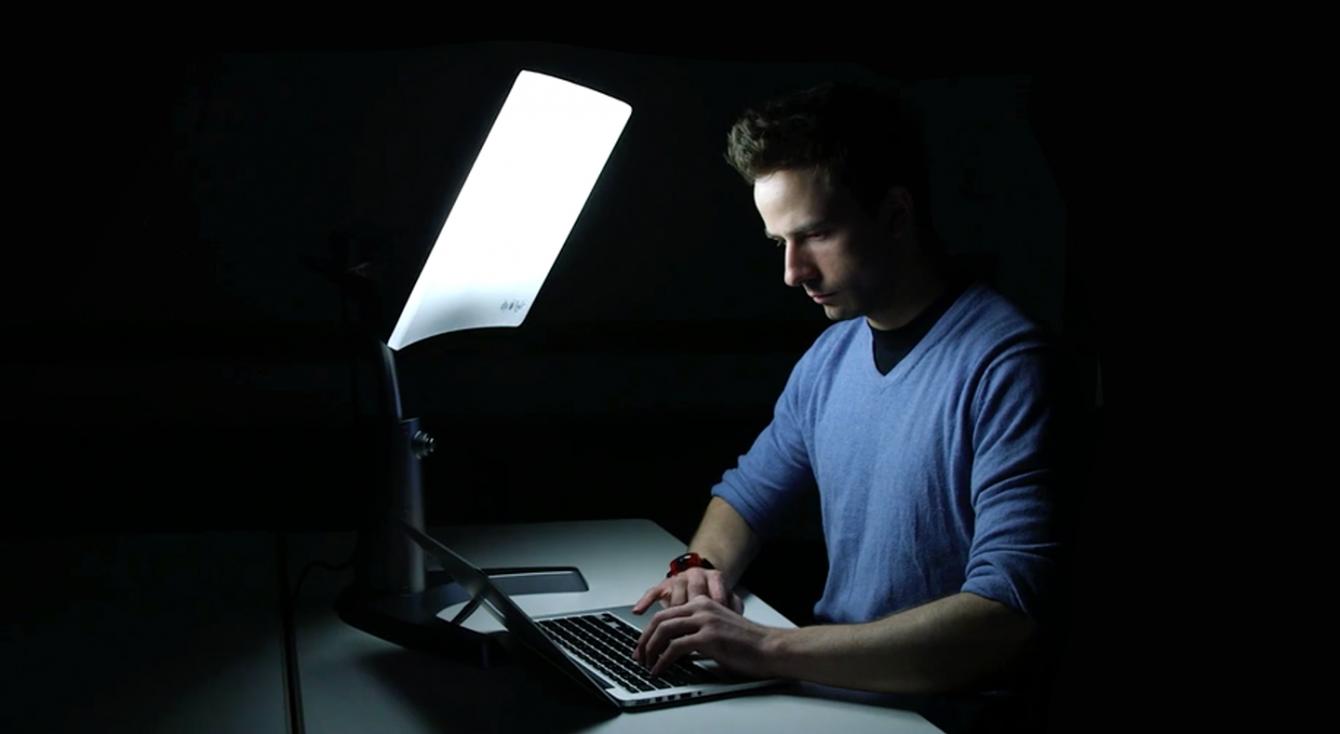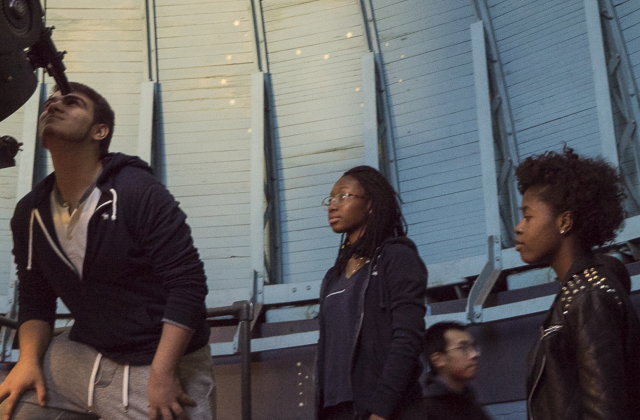Can light therapy and sleep regulation rapidly treat depression?

Many people who suffer from depression use medication and psychotherapy for mental health help, yet these therapies can cost great time and money. While antidepressants are effective for many people, they can take four to eight weeks to ease a person’s symptoms.
Columbia University Medical Center (CUMC) researchers with the Depression Evaluation Service (DES) at New York State Psychiatric Institute are studying a more accessible, faster way to abet depression. Wake therapy uses simulated morning light, and rescheduled sleep to reset one’s Circadian rhythms and stabilize moods. “Light not only helps us see, but also establishes our biological clock,” said Jonathan W. Stewart, professor of clinical psychiatry at CUMC.
In a recent CUMC open trial, Stewart’s team found that the drug-free, fast-acting wake therapy led to depression-remission in 58 percent of patients within one week. In contrast, 35 to 45 percent of patients on antidepressant medications had a depression-remission in six weeks.
With wake therapy’s vast potential as an accessible mental health support, Stewart and his team are expanding their trials to better understand the mood benefits of adjusted sleep schedules and artificial sunlight.
Support this Program




